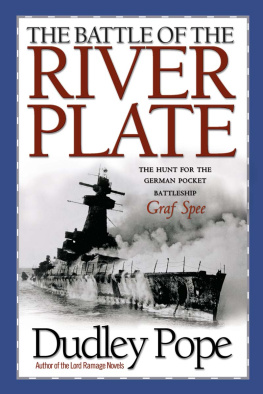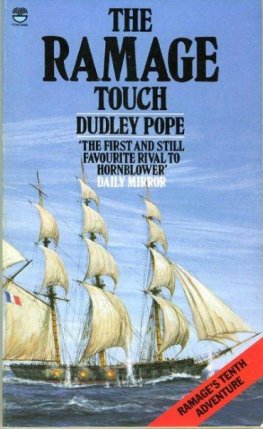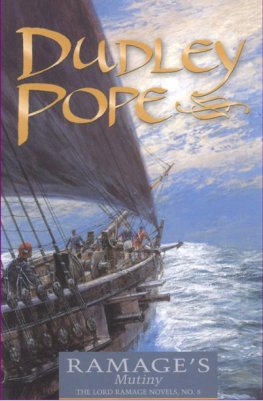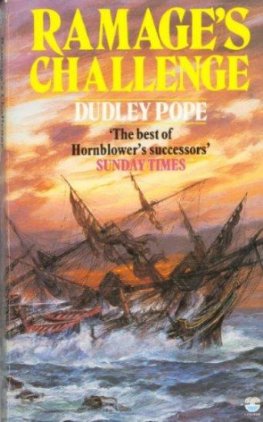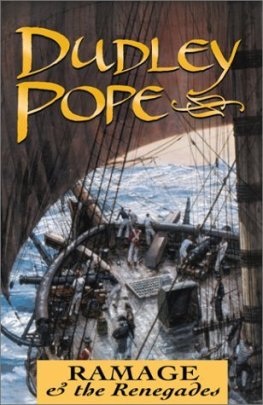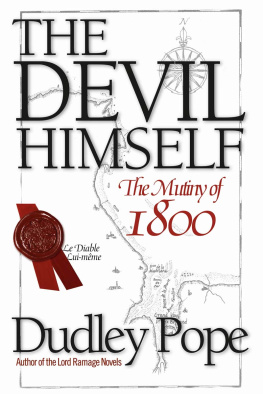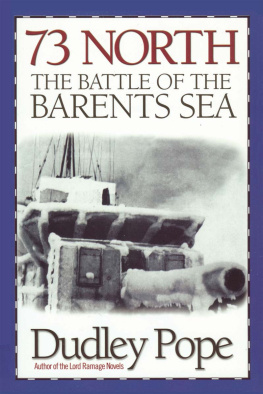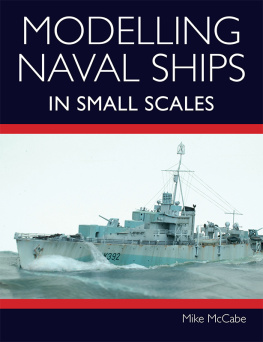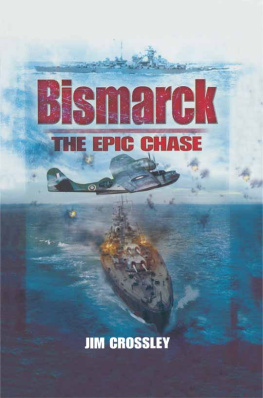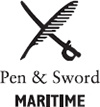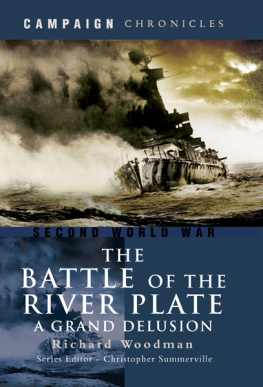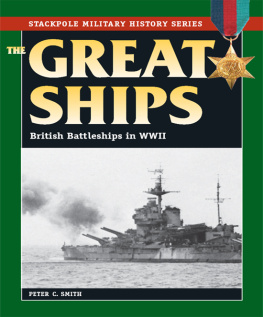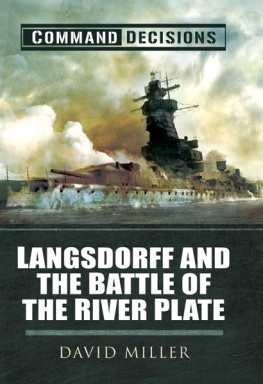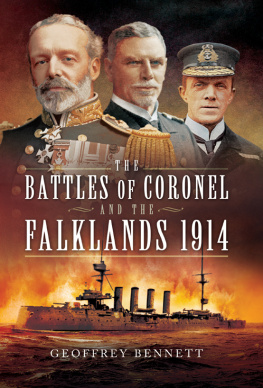H ISTORICAL F ICTION BY D UDLEY P OPE
PUBLISHED BY M C B OOKS P RESS
Ramage
Ramage & The Drumbeat
Ramage & The Freebooters
Governor Ramage R.N.
Ramages Prize
Ramage & The Guillotine
Ramages Diamond
Ramages Mutiny
Ramage & The Rebels
The Ramage Touch
Ramages Signal
Ramage & The Renegades
Ramages Devil
Ramages Trial
Ramages Challenge
Ramage at Trafalgar
Ramage & The Saracens
Ramage & The Dido
N ONFICTION BY D UDLEY P OPE
The Battle of the River Plate
The Devil Himself: The Mutiny of 1800
73 North:The Battle of the Barents Sea
For a complete list of nautical and military fiction published by
McBooks Press, please visit our website: mcbooks.com

Published by McBooks Press 2005
Copyright 1956 by Dudley Pope
First published in Great Britian by
William Kimber and Co., Ltd.
All rights reserved, including the right to reproduce this book or any portion thereof in any form or by any means, electronic or mechanical, without the written permission of the publisher. Requests for such permissions should be addressed to McBooks Press, Inc., ID Booth Building, 520 North Meadow St., Ithaca, NY 14850.
Library of Congress Cataloging-in-Publication Data
Pope, Dudley.
The Battle of the River Plate : the hunt for the German pocket battleship Graf Spee / by Dudley Pope.
p. cm.
Originally published: London : W. Kimber, 1956.
ISBN 1-59013-096-0 (alk. paper)
1. Admiral Graf Spee (Battleship) 2. River Plate, Battle of the, 1939.
I. Title.
D772.G7P6 2005
940.54293dc22
2004018310
Visit the McBooks Press website at www.mcbooks.com.
Printed in the United States of America
9 8 7 6 5 4 3 2
Contents
Index
Foreword
By Admiral Sir Edward Parry, KCB
T HE B ATTLE OF THE R IVER P LATE received a great deal of publicity at the time, largely because it was fought during the first winter of the war when little else was happening. Moreover, the picture of a comparatively large enemy vessel being pursued by two smaller British ships appealed to the imagination. To this day I do not know why the Admiral Graf Spee did not dispose of us in the Ajax and the Achilles as soon as she had finished with the Exeter.
This book gives a far more complete story of the battle, and of the events leading up to it, than any that have previously been written. The author has made full use of the German naval records captured by us at the end of the war. He is therefore able to trace the rebirth of the German Navy after its defeat in the First World War, and the intentions of that great strategist who planned its growth, Grand Admiral Raeder.
Dudley Pope reminds us that a battle is the culmination of years of planning, of production, and of practice. On our side we certainly owed our success to our pre-war training. It is perhaps fortunate that, on the German side, Hitler did not always follow the far-seeing advice of his naval staff.
This book poses some very interesting questions. Why did the captain of the Admiral Graf Spee think that his ship was so seriously damaged that he must make for a neutral port instead of finishing off his two small opponents?
Why was he so easily persuaded that large British warships were waiting for him outside Montevideo, when in fact there was only one new arrival, far inferior in gunpower to his own ship?
Why, even when he received definite intelligence that the Ark Royal and Renown had arrived at Rio de Janeiro, a thousand miles away, and were therefore not in the River Plate estuary, did he persist in his plan to scuttle his ship? And why were his ships company considerably demoralized by the comparatively light hammering they had received, whereas the officers and men of the far worse damaged Exeter behaved so magnificently?
My last question may appear to give an answer to the others. Yet we must not think that the Germany Navy was inefficient or that its officers and men were lacking in courage. On the contrary, one can but admire the maintenance of their morale throughout the war, and particularly that of their submarine crews, in spite of the appalling losses which they suffered.
If, therefore, the answer to my questions is that Captain Langsdorff felt that he had been defeated, and if, consequently, he was determined not to fight it out, his decision is a real tribute to the dominating influence of Commodore Harwoods leadership in the battle.
How I wish that he could have written the foreword to this book!
Preface
By Admiral Sir Charles Woodhouse, KCB
I SERVED in South America Division under Commodore Harwood for more than a year before the war. He was then in command of HMS Exeter; I was in HMS Ajax.
No one could have been kinder and more helpful to a captain in his first command than Harwood. He was the sort of man to whom one wanted to take ones doubts and difficulties in the certainty that one would get a sympathetic hearing and wise advice.
Harwood was constantly considering the special problems with which the South America Division would be faced in war, and thinking out the best means of dealing with every foreseeable contingency.
Apart from seeing to the fighting efficiency of his ships, he took endless trouble to explain to all those whose understanding cooperation would be required in an emergency the measures which he anticipated would be necessary.
He had a gift of winning the confidence and esteem of those he met, whether leading government officials or British residents in South America.
Dudley Popes book gives a picture of the problem of protecting our trade against surface raiders in the early days of the war, and describes the success which rewarded Harwoods years of work on his station. It fell to him to strike the blow with perhaps the least powerful of the several forces which, under the direction of the Admiralty and commanders-in-chief, were all seeking the Graf Spee with the same determination to find her if they could, and to fight her wherever she was found.
Authors Introduction
T HIS IS THE STORY of a British naval victory, written from the British and German official records with the help of the men who fought in it. That it was won at a time when it had great propaganda value is incidental to my narrative, which aims to show what goes into such a victorious battlethe last of the great naval actions fought before aircraft and radar completely changed sea warfare and put an end to tactics that Nelson might have used.
Had Nelson or one of his band of brothers been in Commodore Harwoods place at the Battle of the River Plate, where we were fighting an enemy which had a heavier armament, they would undoubtedly have adopted similar unorthodox tactics. A few months afterwards, radar, aircraft, and U-boats revolutionized naval warfare, thus severing the link between the tactics which stemmed from Nelson and those employed after 1940.
But apart from the actual battlein itself only the calculated end of a strategic conceptI have tried to tell of the men behind it: Britons, Germans, neutrals, diplomats, admirals, able-seamen, and spies. And one should not forget how the men and women working in the government offices, in factories, dockyards, and the harvest fields all contributed to the final victory.
Next page
